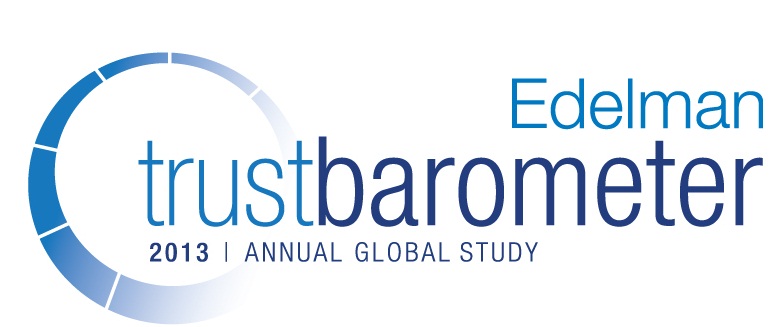That's the conclusion from day one of Sydney's Content Marketing World Conference where communicators explored the topic from Australian and US perspectives.
Yes although the term may be recent, content marketing has been around since we were cave dwellers. The fact is we have always shared information with others - passing along knowledge, helping out and warning of danger.
But today organizations face an urgency to provide content to customers, citizens or clients at a time when they are less inclined than ever to pay attention. Unless you provide something that entertains or informs people about issues they need to know or care about, your message blurs into the background noise of life.
That's because:
- All of us suffer information overload. Too many people want our attention and often for their reasons not ours.
- Traditional media models are broke. They are being pushed aside by new communication platforms which arrive with ever faster speed and can be so very distracting.
- People now openly mistrust brands, governments and other sources of traditional information unless they have a positive relationship with them.
So if you want attention, you - or someone you trust - must provide information that genuinely helps your audience, when they need your information not when you choose to deliver it.
Content marketing may not be new but it can be challenging particularity for old school organizations wedded to blasting messages to their communities.
See earlier post.
See earlier post.



